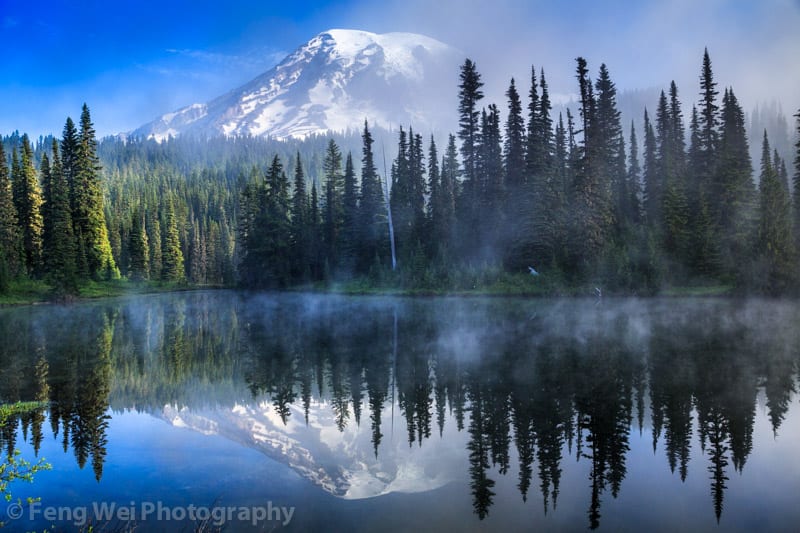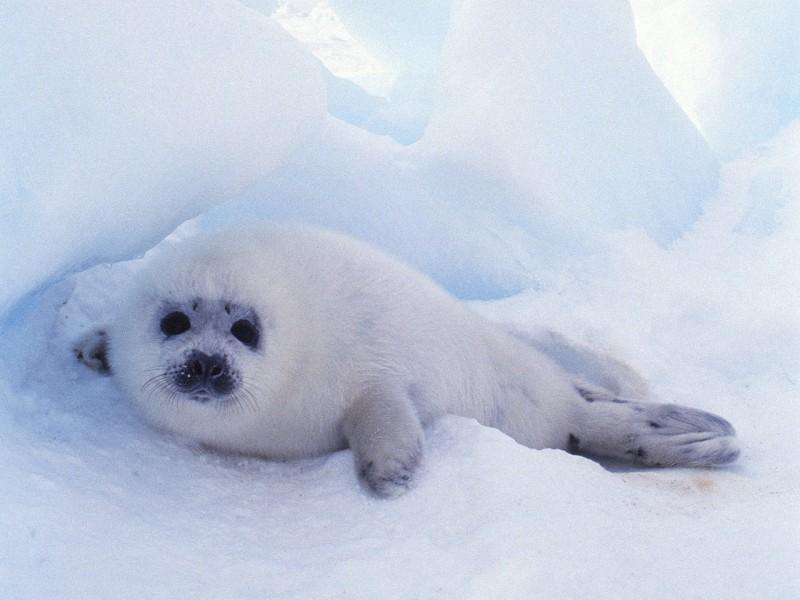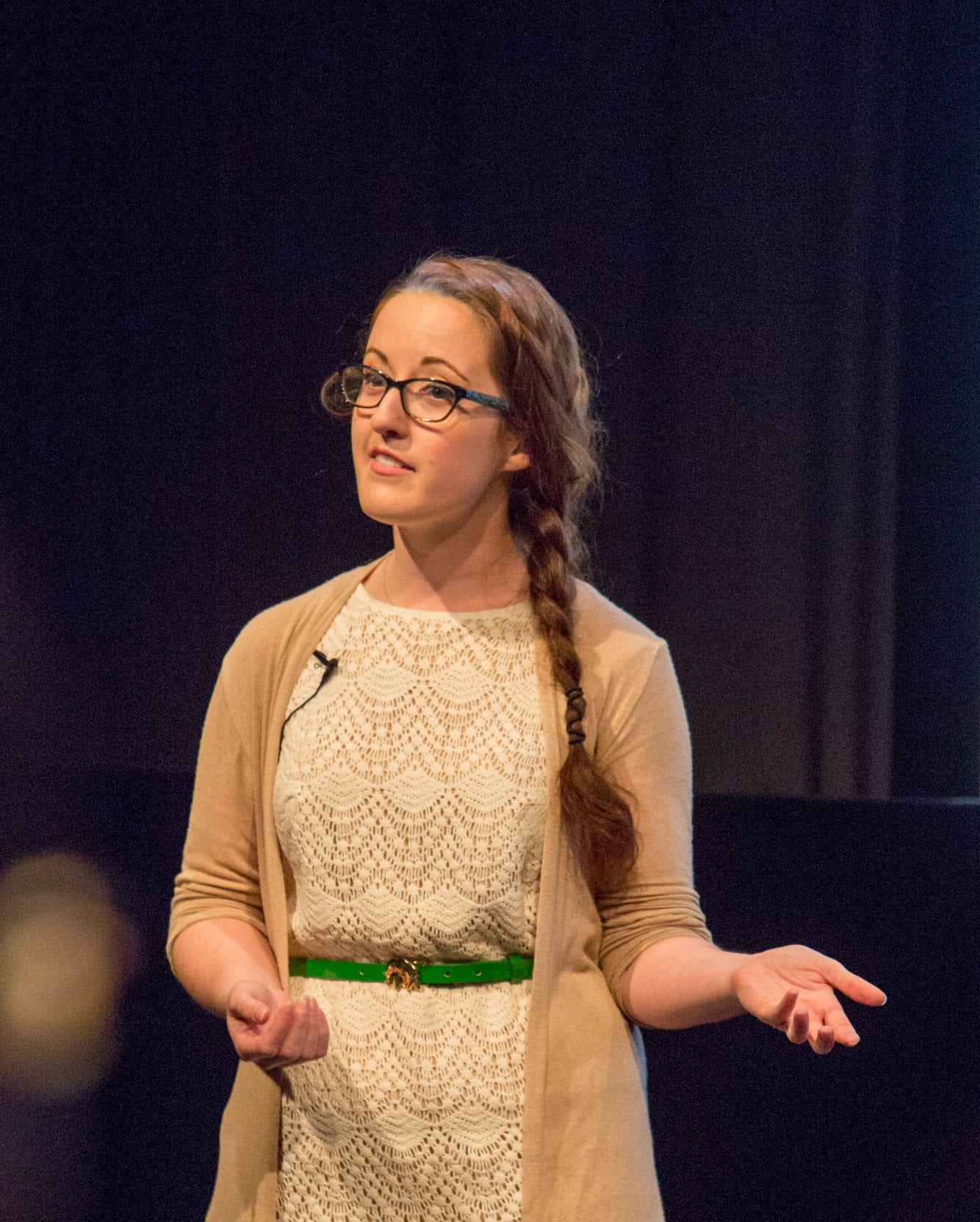Can we SCIENCE! our way out of climate change?
Climate change is happening. What should we do about it? With climate change, we can expect serious consequences, including destruction of coastal communities by sea level rise, increased frequency of deadly heat waves, and worsening of crop-decimating draughts. Many of us have been hearing the same story for years: we need to cut carbon emissions









